
A Little Change for The Diapers, A Big Change for The World | Eco Boom Baby Bamboo Diapers and Wipes Manufacturer
A Little Change for The Diapers, A Big Change for The World | Eco Boom Baby Bamboo Diapers and Wipes Manufacturer
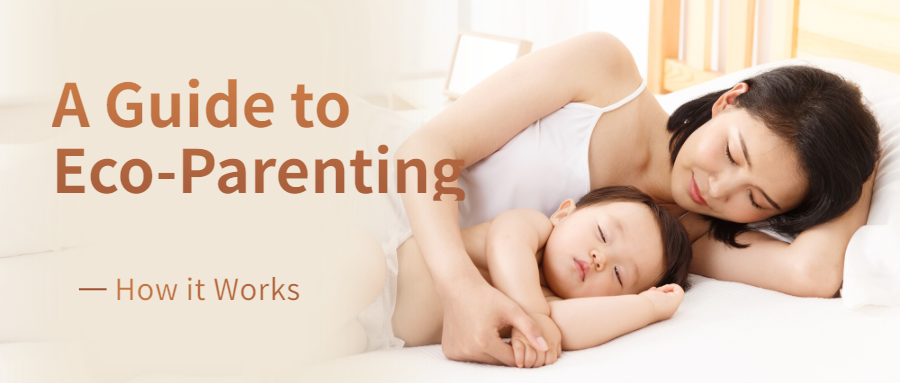
From baby wipes and disposable nappies to the emissions caused by driving your child to various activities, you may be forgiven for thinking that parenting was the least environmentally-friendly choice you could have made.
But as with anything, there are options that you can choose that are more environmentally-friendly, and there are ways to make your parenting greener.
Here are some tips to help you out now
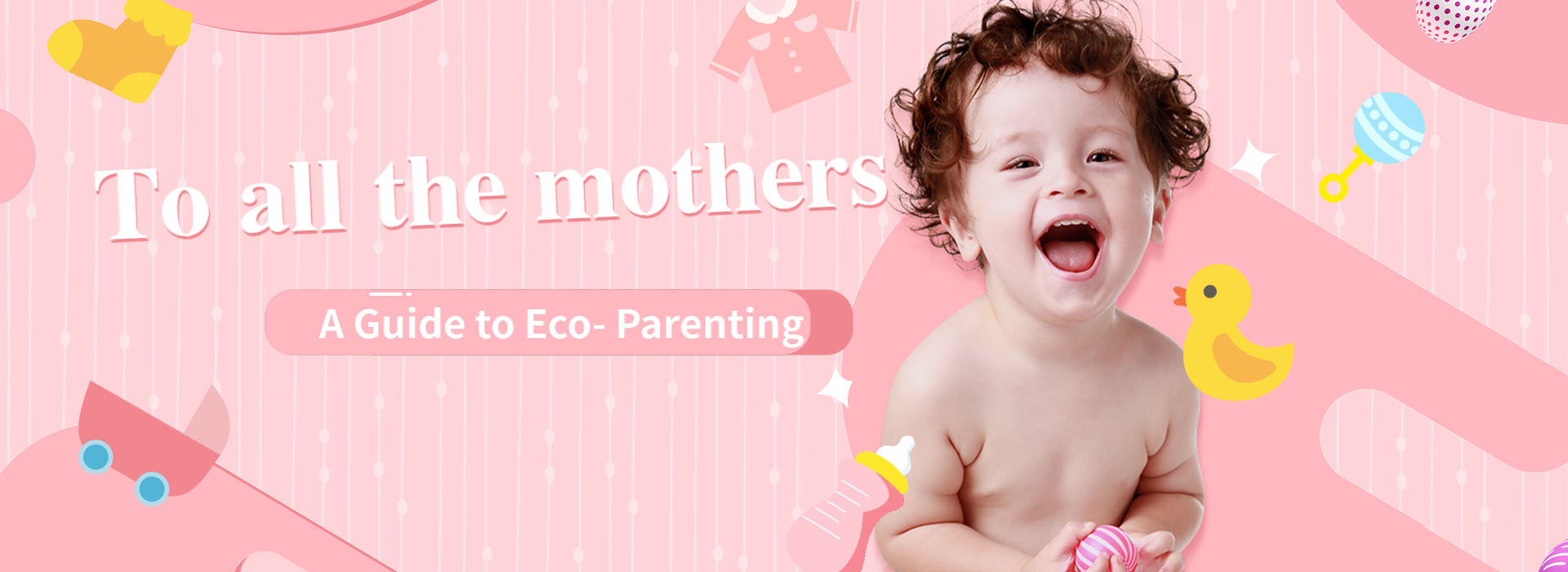
Take a Break and Step Outside
Fresh air and natural light will always be a good thing, giving a welcome boost to you and your baby’s health while lifting your spirits. Baby rearing can be demanding and the opportunity to step outdoors for a breath of fresh air will recharge the batteries and introduce your child to a change of scene, stimulating the senses and inspiring the imagination. Taking a break from the continuing distraction of flickering screens and notifications allows a chance to relax and breathe a little easier.
Sound mental health for parent and child is very important and exposure to the wider environment assists with infant development while building an appreciation for what we have around us. Whether it entails a trip to the park or a walk in the country a day outdoors is a wonderful opportunity to maintain the bond with your child away from the demands of a busy home.
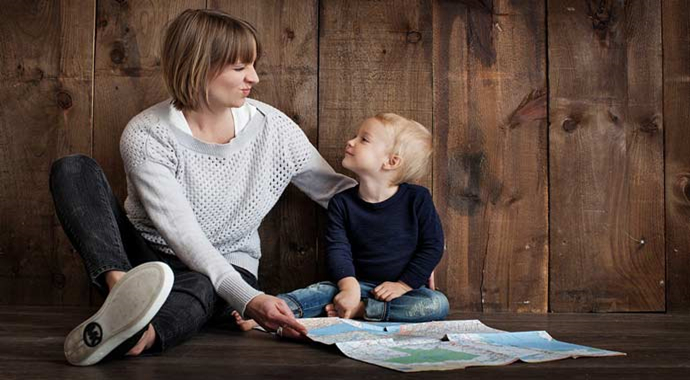

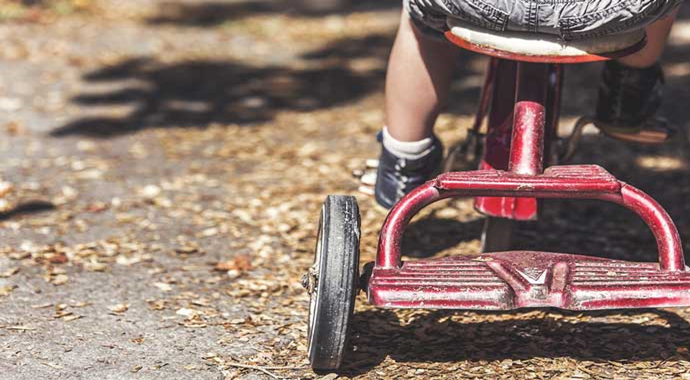
Choose biodegradable Diapers and Wipes
Disposable diapers are a major waste management headache, routinely buried in landfill sites to linger for a long time to come, while wipes are continuing to cause problems with domestic sewerage systems. The human waste in the disposable nappies, as well as the contaminants contained in their absorbent layers, often seeps into ground water sources, polluting the water table and affecting our drinking water.
Our ECO BOOM bamboo diapers manufacture of degradable materials which can be biodegradable in just 75 days, they can reduce 30% plastic comparing to other normal diapers,more eco-friendly and safer for our future.
No latex, PVC, TBT or Antioxidants. Natural bamboo compounded in the top sheet and backsheet. Super soft top sheet ensures your baby’s comfort.
Most baby wipes DO NOT decompose naturally.
This means that they should NEVER be put down the toilet. Like disposable diapers, they are a "landfill-only" option.
It is, however, possible to buy some eco-friendly biodegradable wipes, it may be a good alternative.
You may need a safer and biodegradable wipes(o^^o)
Our ECO BOOM bamboo baby wipes are safely prepared for the sensitive skin of your baby. They are as gentle as lint and water, making them suitable for use from birth. The moist and fresh wipes are gently made to clean your baby’s body including hands and face.
It’s an unscented and 99.5 percent water formula and can be directly used for the baby’s skin. Bamboo wipes are made from bamboo to make it 100% biodegradable.
Make your own Baby Food
Making your own baby food, especially simple thick soup, is very definitely the better option.
It can also be the most environmentally friendly, particularly if you grow your own vegetables, or you can buy fruit and veg that is produced relatively locally to reduce food miles.
"Food miles" describes the distance that your food has to travel from "field to fork". In other words, how far away from you is it grown?
The ideal option is food that is produced locally, as this requires very little transporting. Food that has not been transported far is also more likely to be fresher, and to have been refrigerated less, again reducing the environmental impact of its production.
In practice, reducing food miles means trying to become more aware of what food is in season, and also finding local sources of produce, such as markets, or encouraging your favoured supermarket to buy local wherever possible.
Buying organic food, either pre-packaged baby food or organically produced fruit and vegetables, is environmentally friendly.
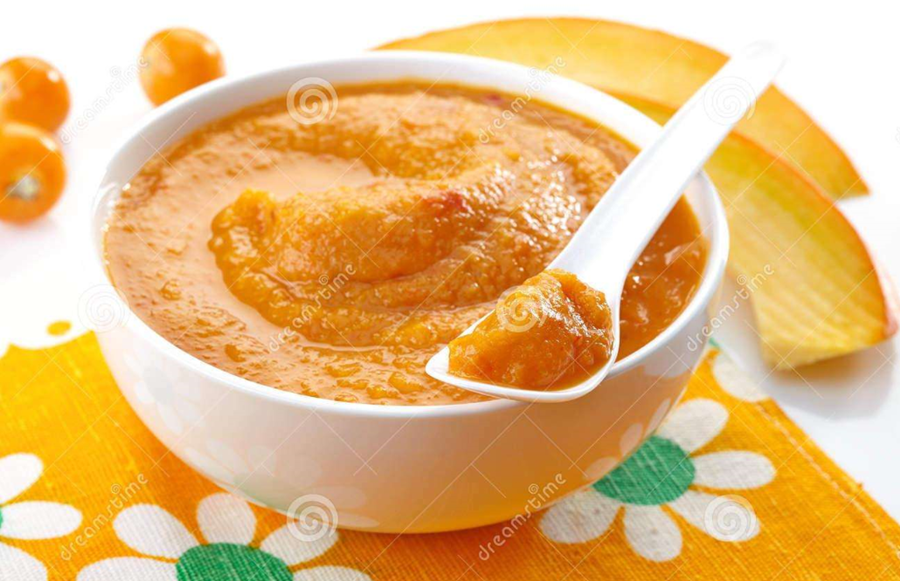
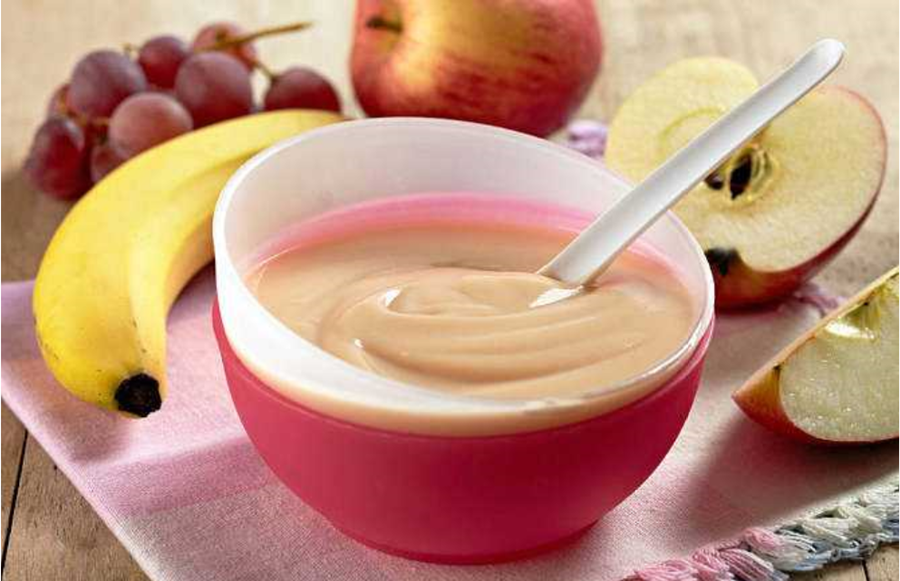
Reuse Unwanted Toys and Clothes
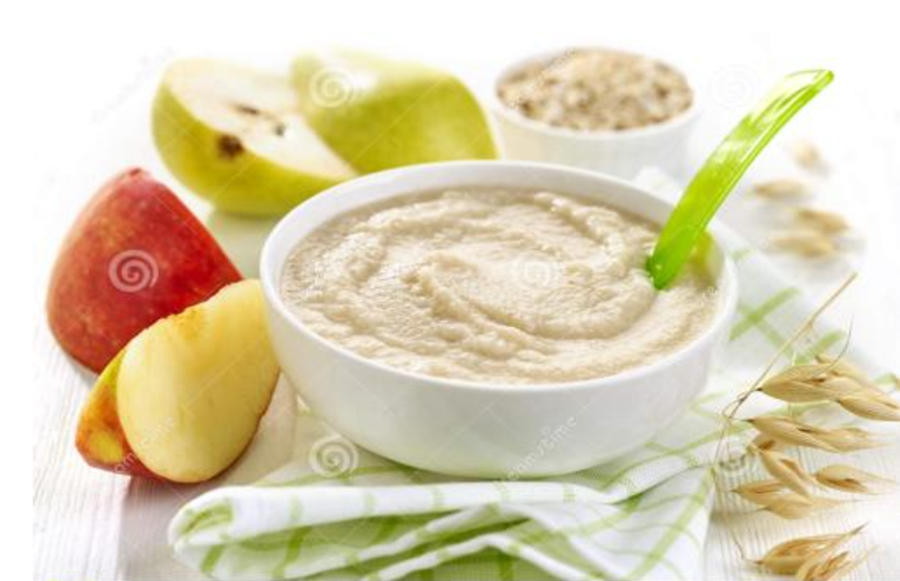
Growing infants and toddlers shoot up so fast that we discard clothes and toys at a fierce rate, and at great expense.Nowadays it is easy to form alliances with like-minded parents to exchange or pass on perfectly good baby clothes as well as outgrown prams, buggies and car seats. It goes without saying that toys and seats should be checked out to ensure they are still safe to use.
Choose Natural Baby Skincare Products
When choosing ecological products it is important to find something that respects the environment but doesn’t harm us as either. Young babies have much thinner, sensitive skin which needs to be treated gently, particularly at bath time.
Soaps and cleansers can be harsh and often wash away valuable natural oils while some fabrics can cause irritation and rashes. It is always advisable to use substances with the fewer ingredients – without fragrances or preservatives and alcohol free. Bathing with just water and a soft cloth or sponge is often enough.
Conclusion
There has never been a better time to practice green parenting. Making the right choices for you, your children and our fragile environment makes perfect sense, fostering a caring attitude and a profound sense of responsibility for your family and their future.
As with all the suggestions here, take one area and tackle it in your own time. The parenting marathon lasts a long while, and we’re all in it for the long haul. Good luck(o^^o)
Copyright © 2019 XIAMEN MK HEALTH CARE PRODUCT CO., LTD . | All Rights Reserved
We are here to help you! If you close the chatbox, you will automatically receive a response from us via email. Please be sure to leave your contact details so that we can better assist